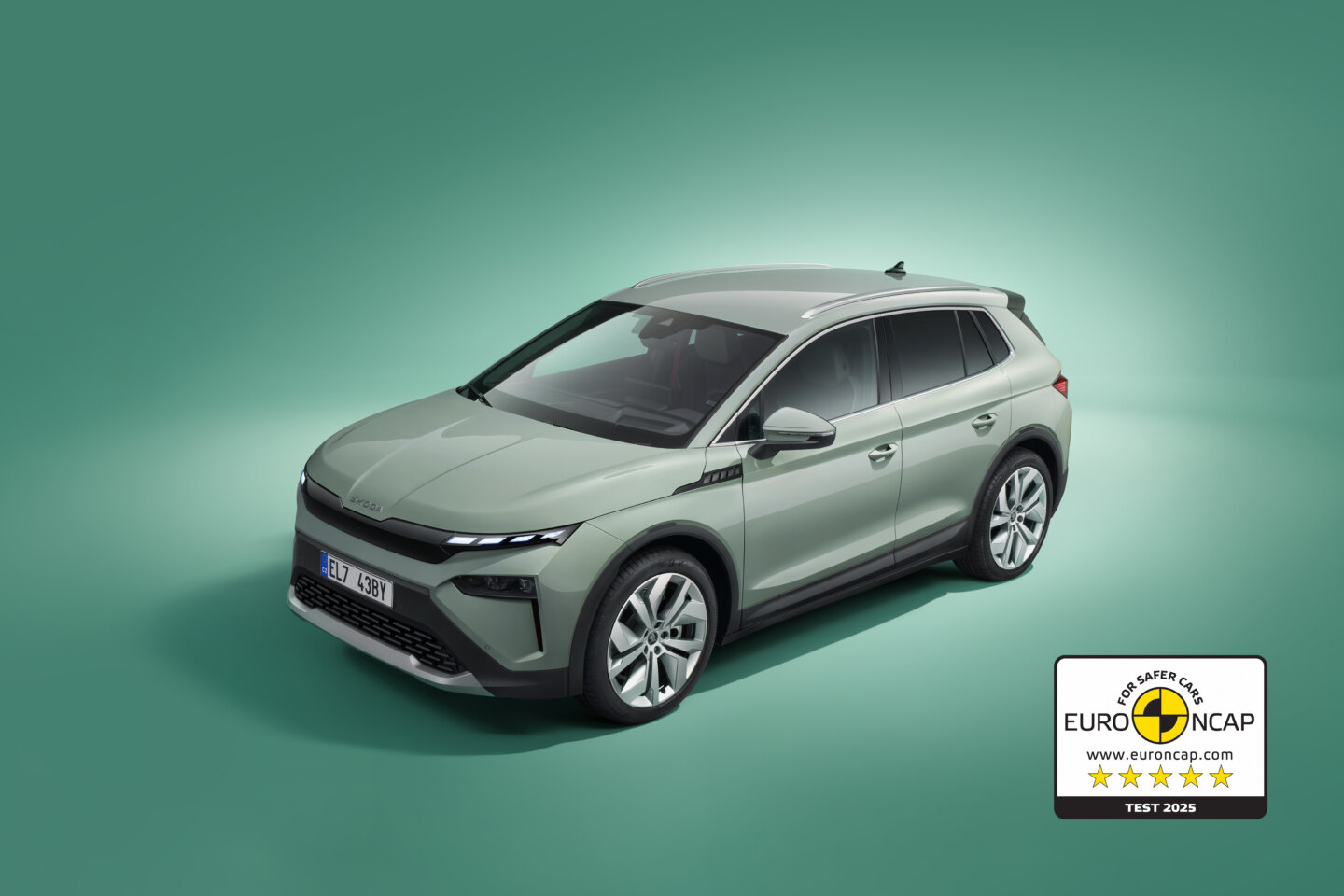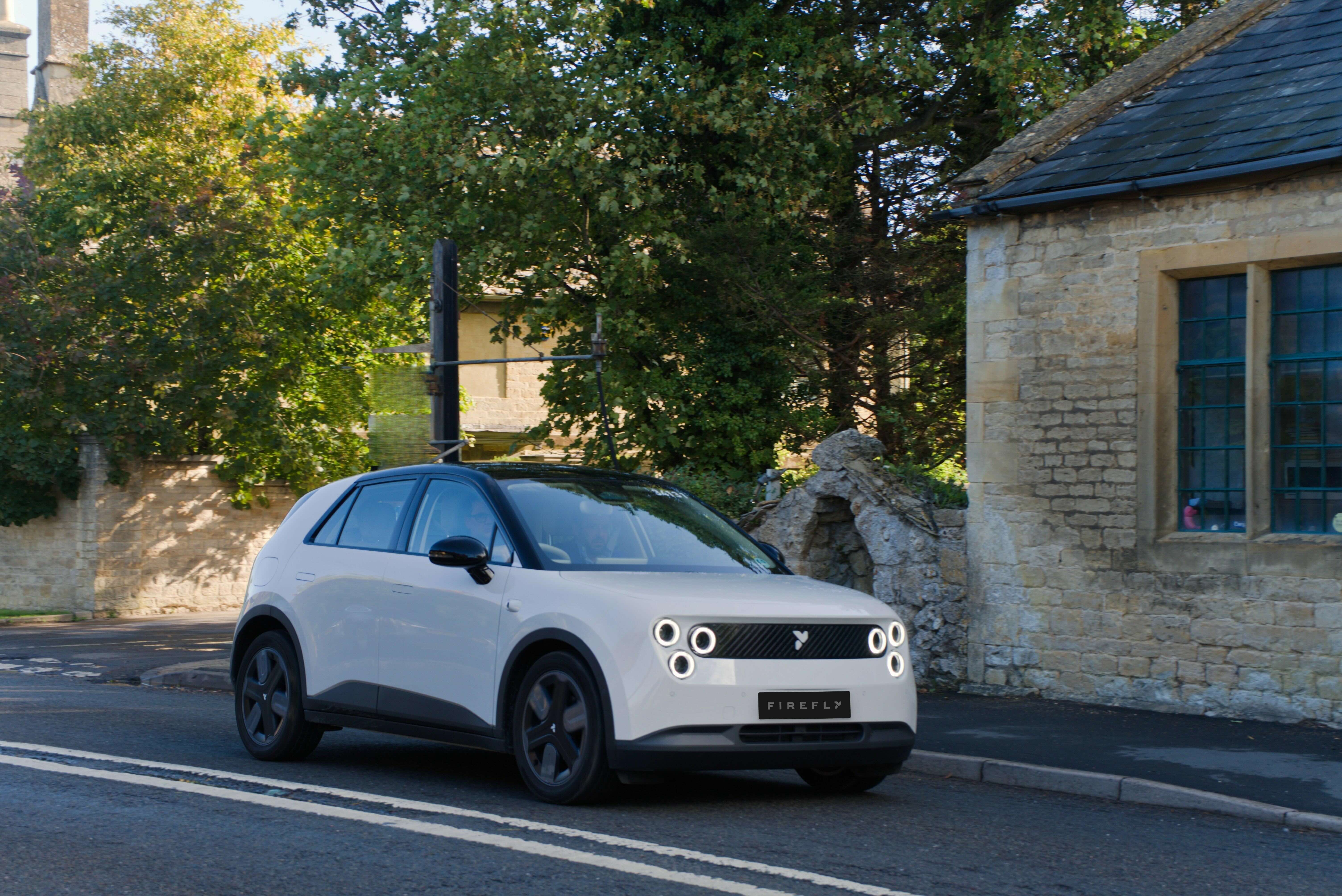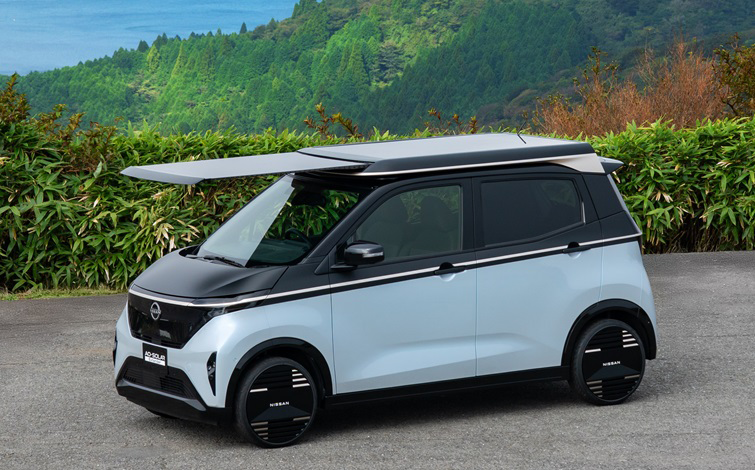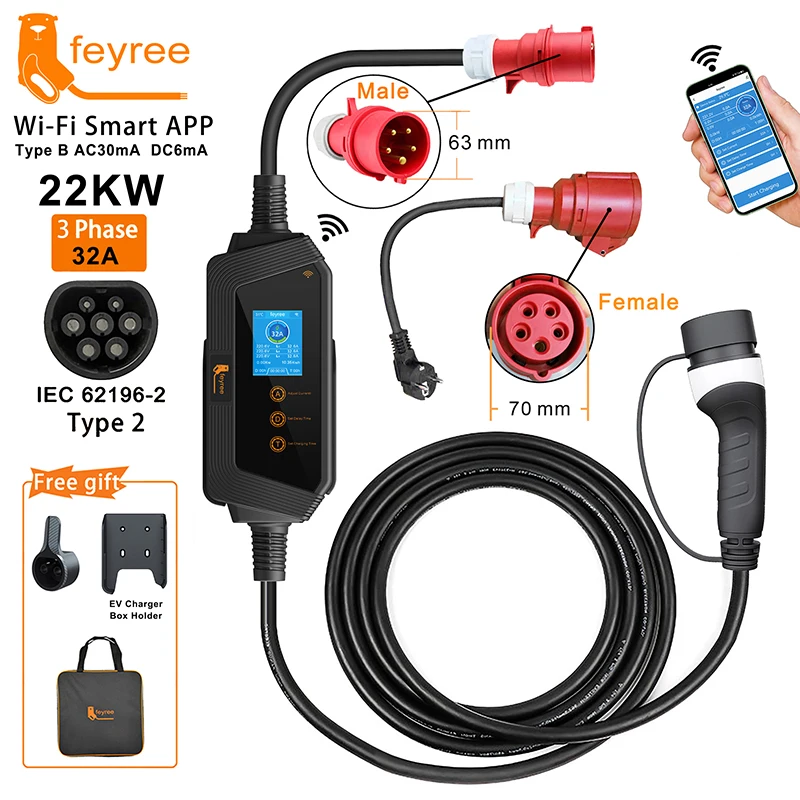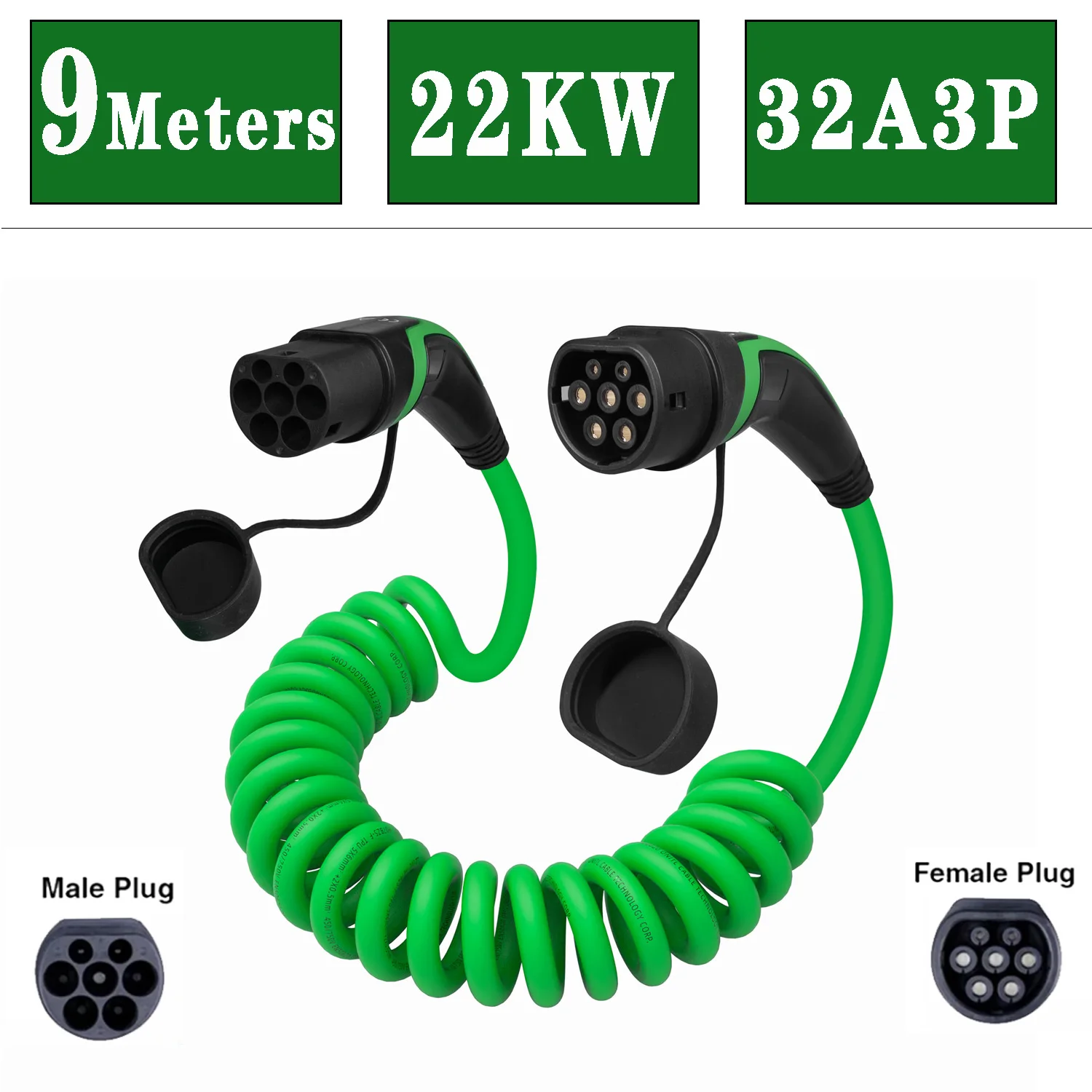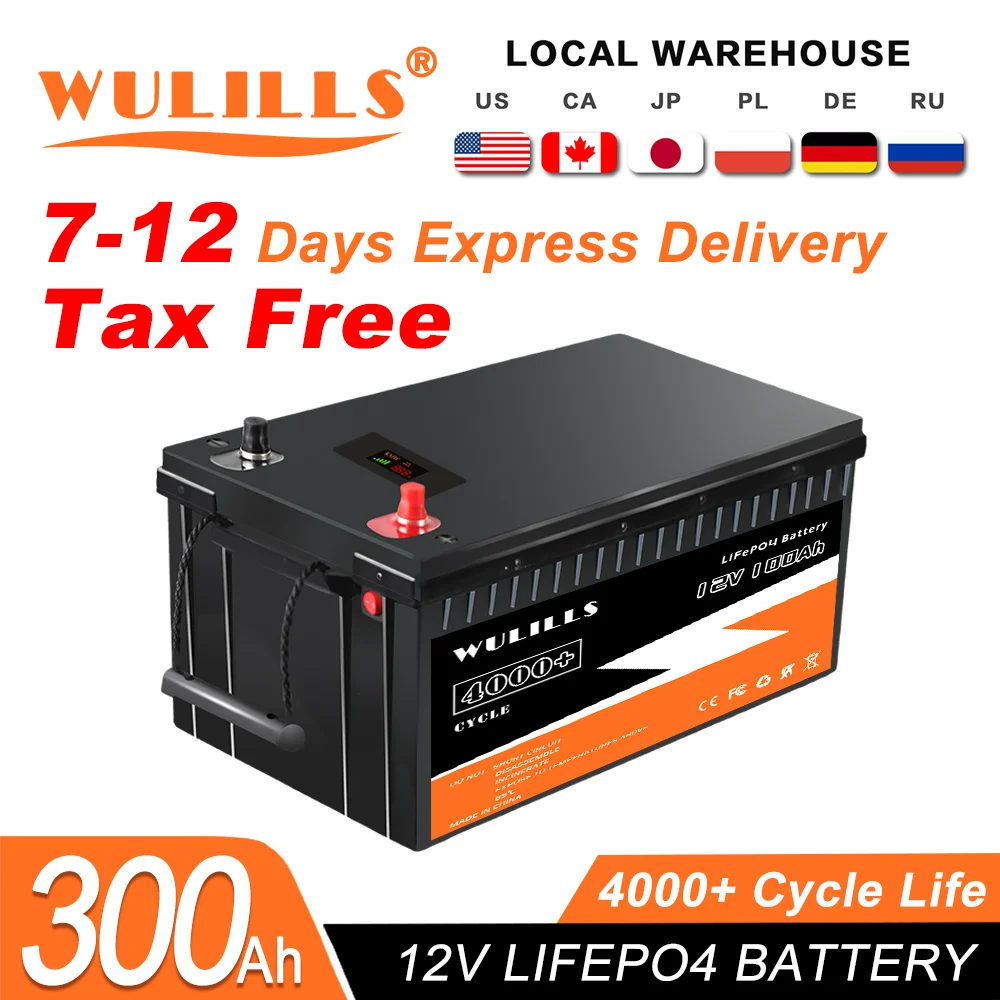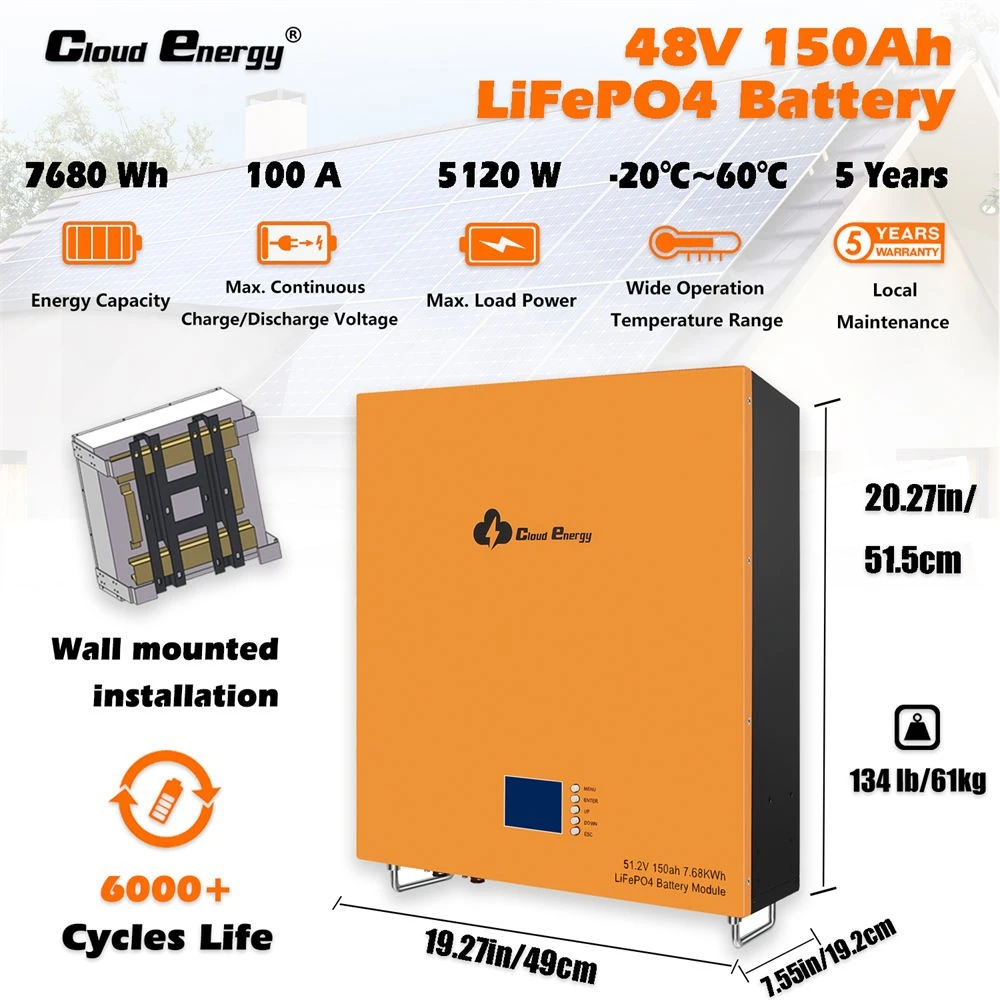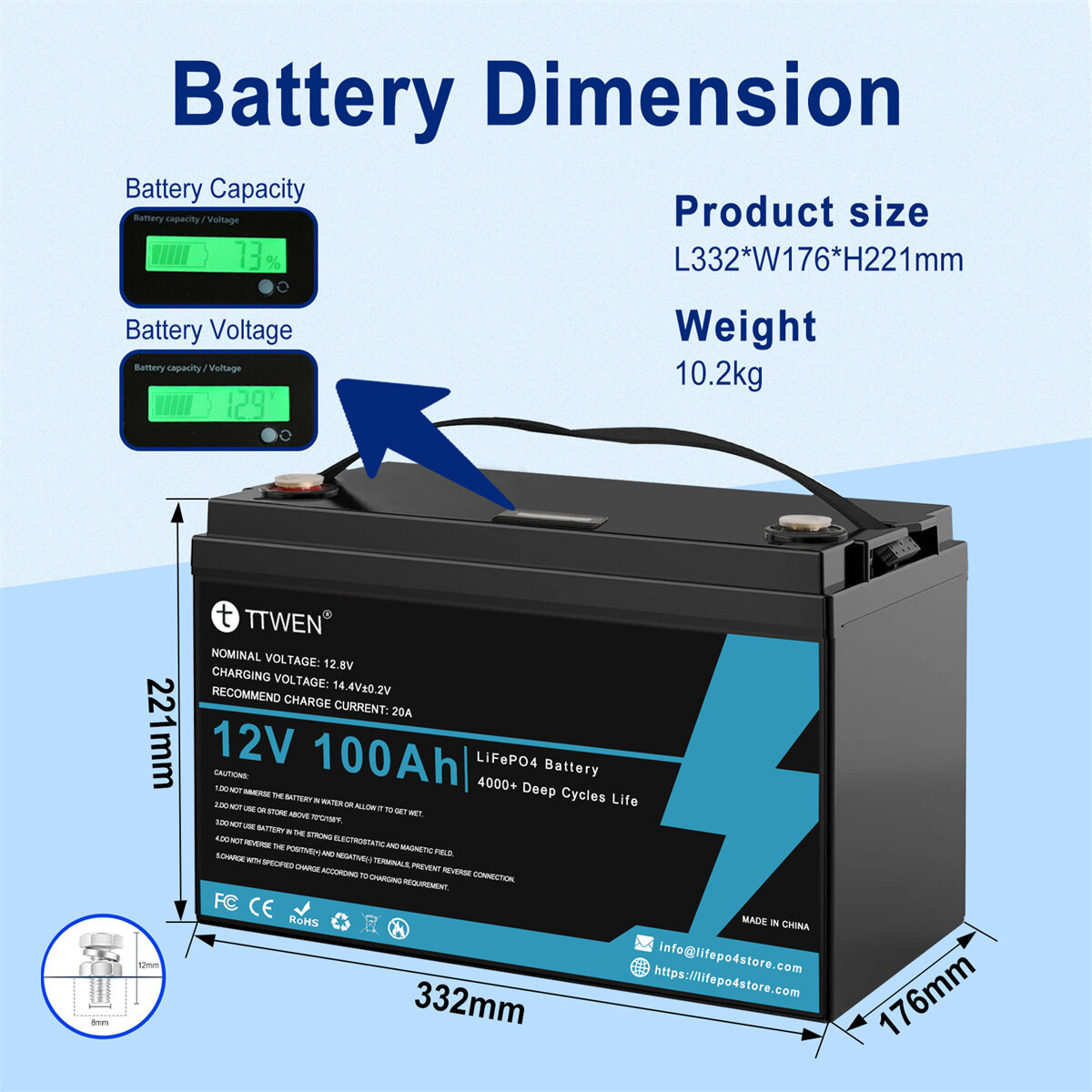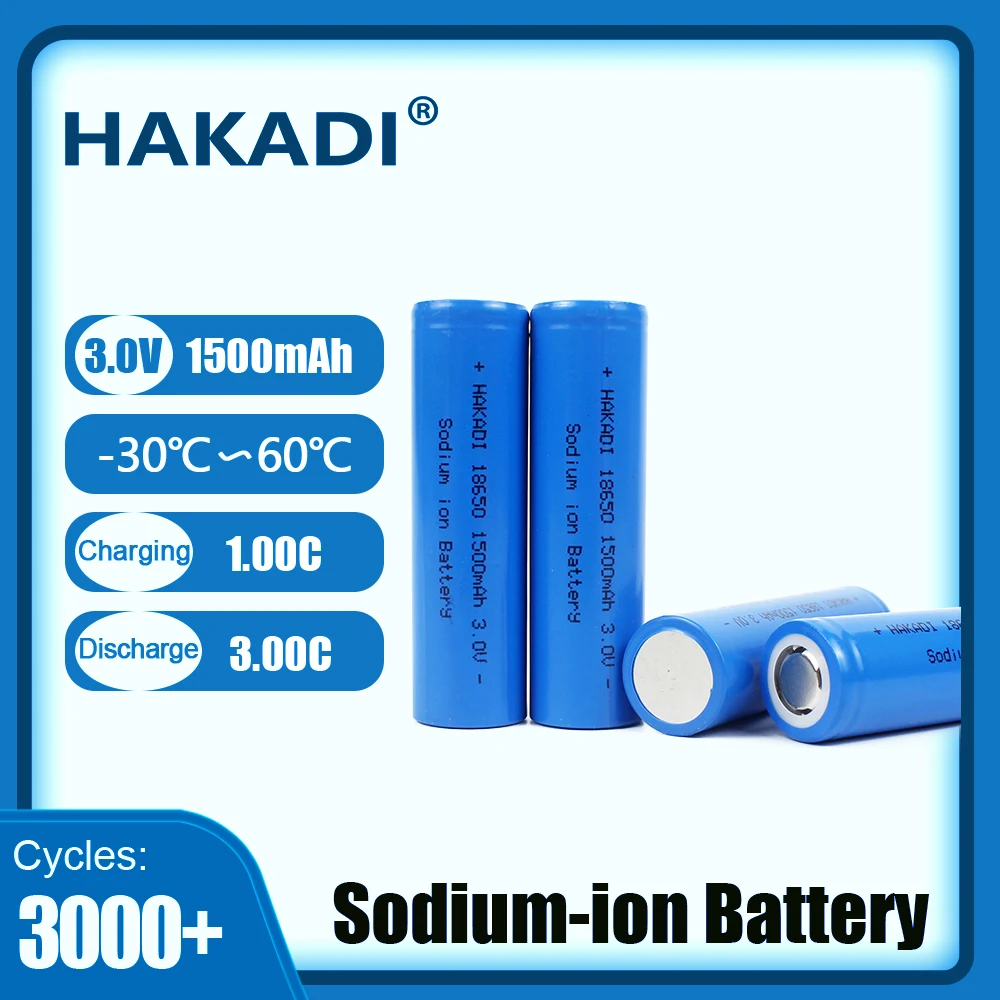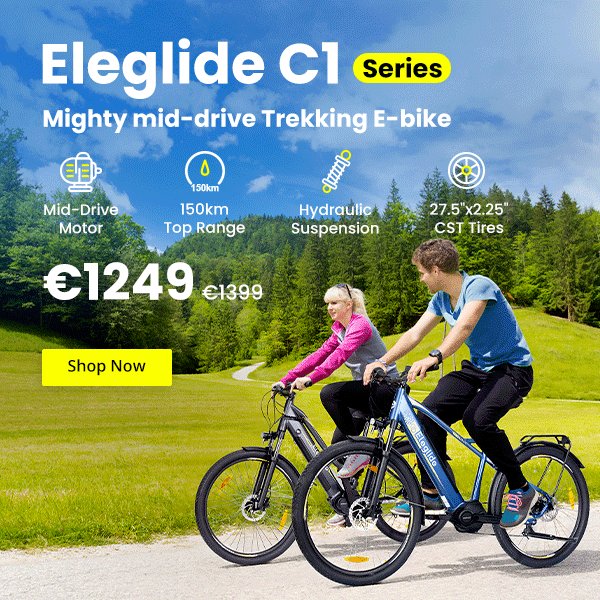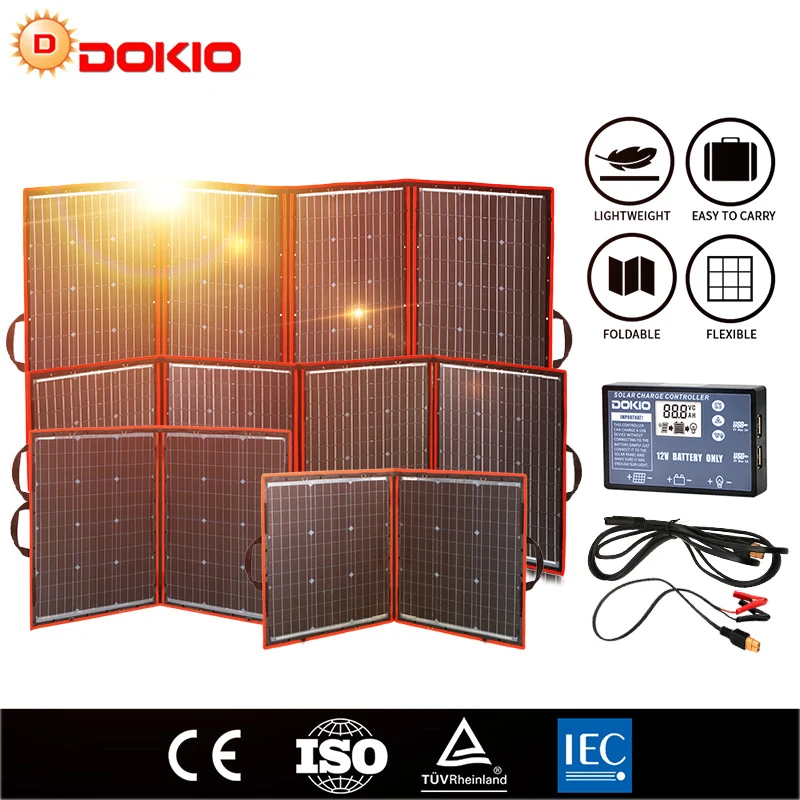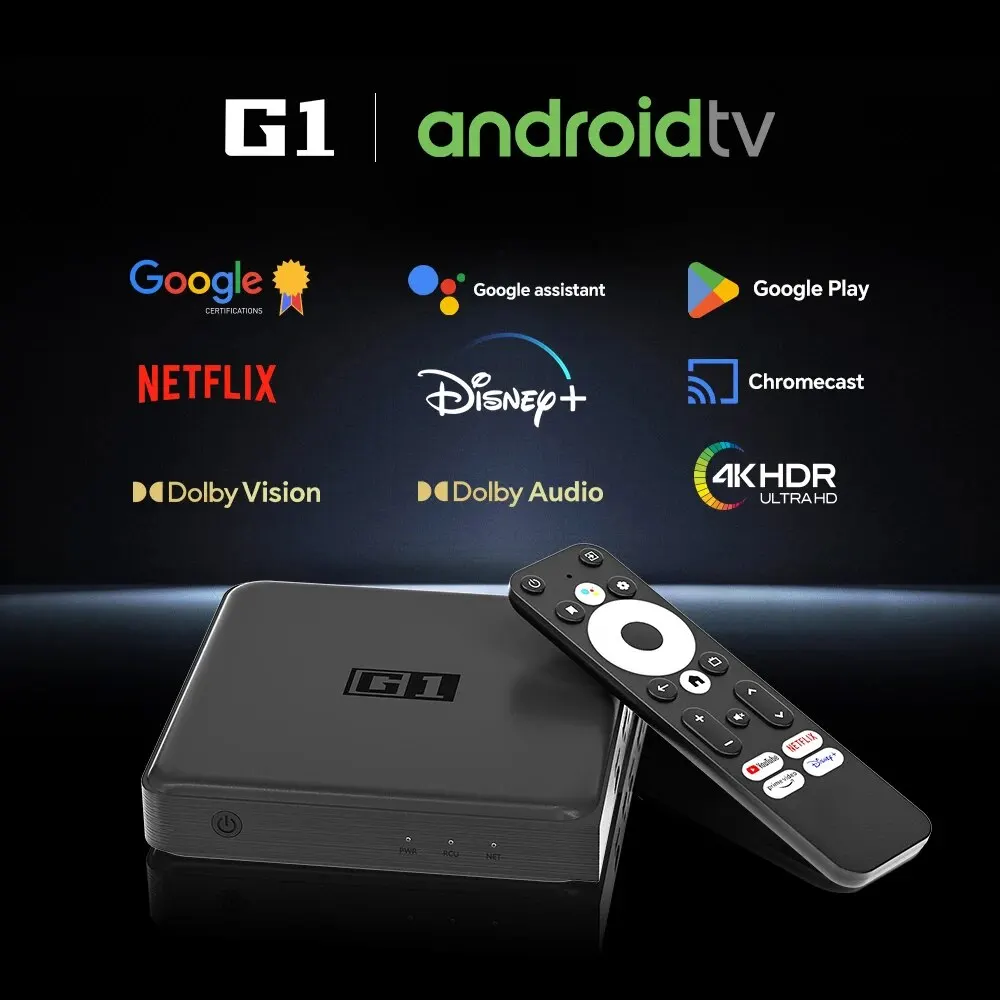After beating its Chinese competitors’ offers, the Korean battery cell maker SK Innovation won the supply contract with the Chinese automaker giant BAIC.
The NCM 811 batteries to be used by ARCFOX, a premium BEV brand of BAIC BJEV will be produced at SK Innovation’s battery cell plant in Changzhou, Jiangsu province, China.
The upcoming premium all-electric SUV ARCFOX α-T that’ll use these NCM 811 batteries is set to be released in the second half of the year with a driving range of 400-500 km. This is yet another Made in China alternative to the Tesla Model Y.
As you probably already know SK Innovation has been promising its NCM 811 battery cells since 2017 and postponed them a couple of times, but now it will finally be able to deliver what was expected a long time ago.
Now I’m curious about possible upcoming battery upgrades for the Korean automakers Hyunday and Kia that still use NCM 622 battery cells from SK Innovation and LG Chem.
The Kia e-Niro and Kia e-Soul that currently use NCM 622 battery cells from SK Innovation could get a battery upgrade to NCM 811 cells.
As for the Hyundai Kona Electric, it currently uses the same LGX E63 battery cells (NCM 622) that we find in the ZE 40 battery of the old generation Renault ZOE. With an upgrade to the NCM 712 battery cells from LG Chem - that are already in the new generation Renault ZOE -, the Kona Electric would get a 84 kWh (80 kWh usable) battery.
Anyway, an upgrade to more energy-dense battery cells doesn’t necessarily mean that it’ll be used to get more battery capacity. Kia and Hyundai might decide that the 64 kWh capacity they have today is more than enough. Therefore they could use the battery cell upgrade to keep the same capacity but with a smaller, lighter and cheaper battery pack.
I would prefer the last option. The Korean electric cars with their 64 kWh batteries already have a WLTP range above 400 km. For most people range is no longer the problem, price is. A lighter 64 kWh battery pack wouldn’t only be cheaper, it would also contribute for better range, better energy efficiency, better acceleration and better stopping distance.
What do you think? Is it time for the Korean automakers start using more energy-dense batteries not to improve range, but to reduce production costs instead?
More info:

